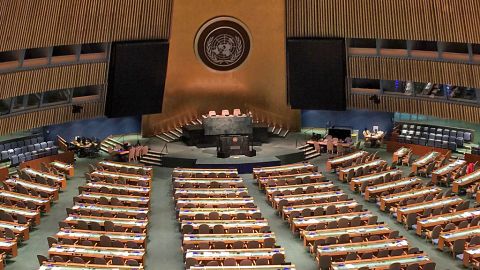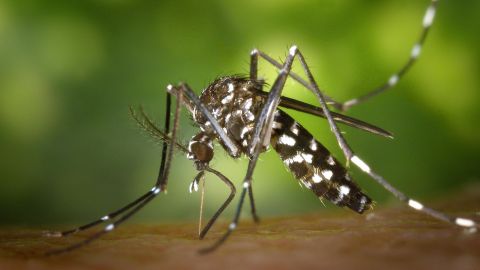
COP27’s Indigenous Turnout Could Help Nature-Based Solutions
Nature-based solutions were a headline of COP27. How can world leaders ensure Indigenous stewardship and land rights moving forward?

Nature-based solutions were a headline of COP27. How can world leaders ensure Indigenous stewardship and land rights moving forward?

Prof. Robert Kopp of Rutgers University discusses the recent UN climate report, and the path to slashing global emissions.

This episode of "The Sweaty Penguin" explores the good and bad of phytoplankton, microscopic plants living in aquatic ecosystems.

This episode looks at the evolution of the Price Landfill in South Jersey, which was known as the most polluted Superfund site in America.

Next to homes and businesses in Edgewater, NJ, there is a Superfund site whose cleanup has created problems of its own.

Jessica Tisch of NYC's Department of Sanitation, joined MetroFocus to discuss the launch of the nation’s largest curbside composting program.

Scientists have discovered a way to break down certain “forever chemicals.” The method is surprisingly simple.

PFAS, known as "forever chemicals," are known to cause cancer and other health issues. A newly discovered solvent can help combat this.

On July 28 the United Nations declared that access to a healthy environment is now a universal human right.

Between malaria and other diseases, mosquitoes cause 1 million human deaths per year. Could climate change make those numbers even worse?

Aerosols are a wide range of particles that affect precipitation and human health. Where do they come from, and what do we do about it?

Flu season is fast approaching, and with it comes a Sweaty Penguin episode revealing that temperature rise, air pollution, and wildfires can actually make the impacts of the flu worse. But how can that be? The flu is at its…